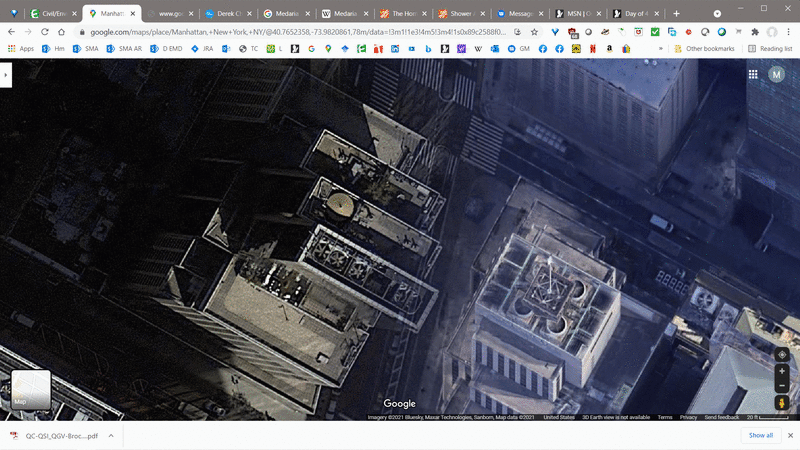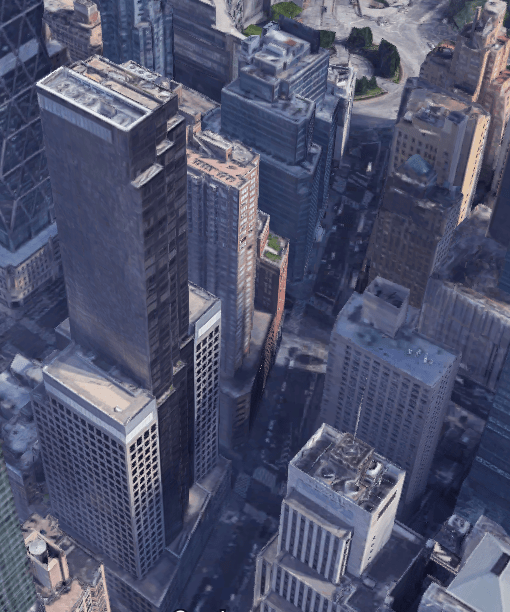BigH
Geotechnical
- Dec 1, 2002
- 6,012
It seems that a lawsuit has been filed against the North Carolina Engineers and Surveyors regarding a non-surveyor flying drones over properties so that people can "see" what their property looks like - as for perhaps adding on new facilities or a building or pool or pond? The owner of the photography business has clearly indicated that his work is "not for legal purposes". One such case involved a company wanting to see where they are losing heat - a thermal rending of their facility. The NC E&S says that this is "surveying" and have threatened legal action against the drone/photography business owner.
Just wanted to know my colleagues thoughts on the issue - if not for legal work such as property lines and the like, is this man contravening the professional surveyors' rights?
As an interesting sidenote, in another thread, a contractor built a wood retaining wall for a client and there may be issues with the fact that retaining wall may not be safe. Did the Contractor practice, then, engineering?
![[cheers] [cheers] [cheers]](/data/assets/smilies/cheers.gif) to all
to all
Just wanted to know my colleagues thoughts on the issue - if not for legal work such as property lines and the like, is this man contravening the professional surveyors' rights?
As an interesting sidenote, in another thread, a contractor built a wood retaining wall for a client and there may be issues with the fact that retaining wall may not be safe. Did the Contractor practice, then, engineering?
![[cheers] [cheers] [cheers]](/data/assets/smilies/cheers.gif) to all
to all

